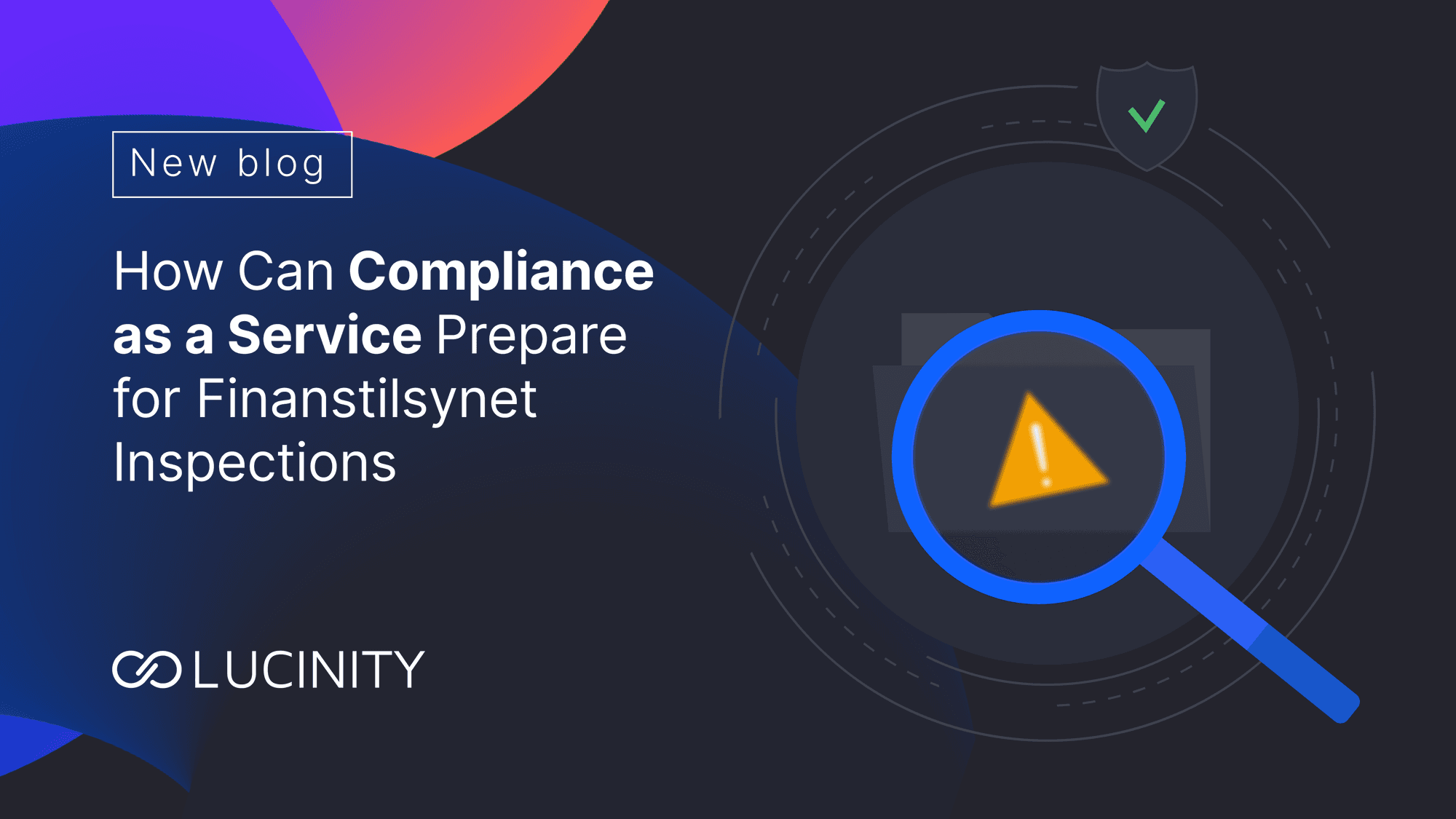Compliance as a Partner: Fighting Financial Crime & Enabling Business Growth
Compliance is essential for a productive and integrated workplace. Charlotte Lowry, MLRO and Compliance Officer from PLEO, and our founder, GK, are huge proponents of how advantageous a culture of compliance is to a business.
Compliance has become a central part of doing business in the past decade. According to an article by Gartner, employees don't see compliance leading to a better work environment that improves their team's morale or performance. However, it's essential for a productive and integrated workplace.
Companies must change this mindset to create a more positive and productive environment. Charlotte Lowry, MLRO and Compliance Officer from PLEO, and our founder, GK, are huge proponents of how advantageous a culture of compliance is to a business. At Nordic Fintech Week last month, they sat down to discuss how beneficial it is for business growth when the right kind of compliance is in place.
Why would a business adopt a strategy which sees compliance as a partner?
Leaders must shift their mindset from compliance function to compliance business partner because it directly impacts how employees see compliance. It means actively understanding the business and determining tailored methods to solve these problems. Establishing the partnership up front also helps employees feel that they're working with leadership rather than being watched.
A work environment that allows for open and honest communication to build trust and empower employees is vital. It creates an inherently collaborative environment, which creates space for innovation.
To some, the ability to fight financial crime is not conducive to enabling business growth. However, Charlotte saw the opportunities it offered. She explained, "We're lucky that we started with [a culture of compliance] at our core. People understand the power of it. When you bring cool technology like Lucinity... it's very impactful. If you look at transaction monitoring, can you identify where customers are using the product properly? You could pull in the sales team who can say, 'actually, this customer would prefer to use this feature,' so [compliance] is embedded throughout the organization."
The risks don't outweigh the benefits
Regulatory fines are just the tip of the iceberg if a business doesn't have compliance as a partner, which can also sustain growth. Shareholder value will always get destroyed in anti-money laundering cases. GK stated, "Fintechs need to care about the sustainability of business growth, just as the big banks do." This is because the reputational damage has a rippling effect.
Charlotte agreed and elaborated, "As soon as you pull in reputational damage of doing something wrong, that will impact your shareholder value, that will impact future fund-raising rounds, that will impact the regulator's view of you when it comes to reviewing, that will impact your license, potentially."
Enabling business growth
With the looming global recession, there's an opportunity here for organizations to nurture a culture of compliance. They have a chance to do good business and maintain, or regain, a good reputation at a time when that would otherwise be inherently difficult. There's always room for optimism by reframing a negative situation into an opportunity to enable business growth.

Compliance is everyone's job.
To make compliance a shared responsibility, it is essential to create a cross-functional team led by HR, finance, legal, security, and members from other critical business functions. By destigmatizing compliance-related tasks and encouraging collaboration and awareness throughout the organization, each team member will have individual deliverables that contribute to the company's success. Charlotte told GK, "What we try to do is build teams around problems; we take people through training and empower them to own risks and own decisions on what to do." This will result in a more cohesive and effective organization that can meet its goals. And GK wholeheartedly agreed!





